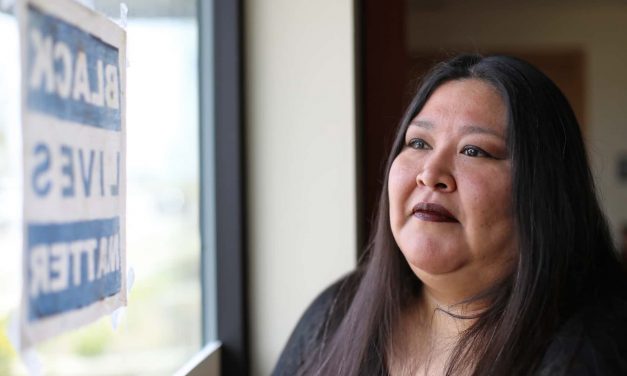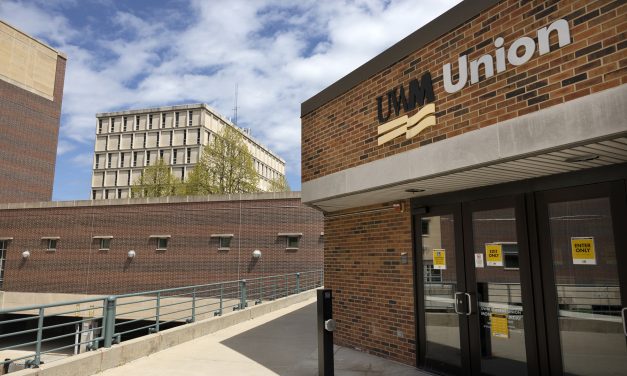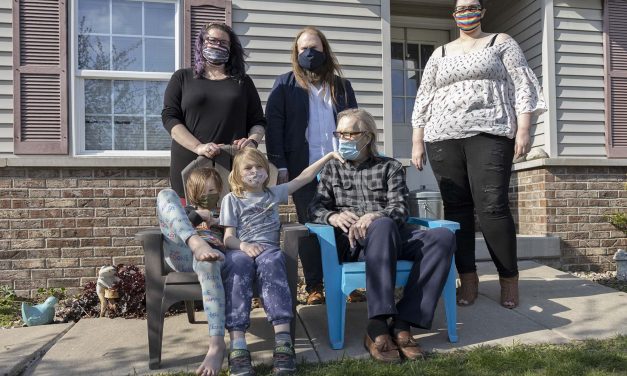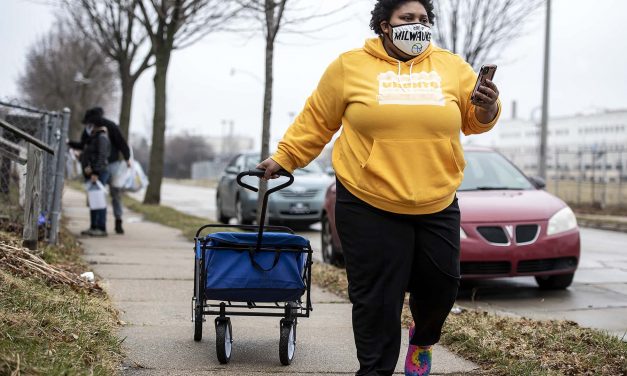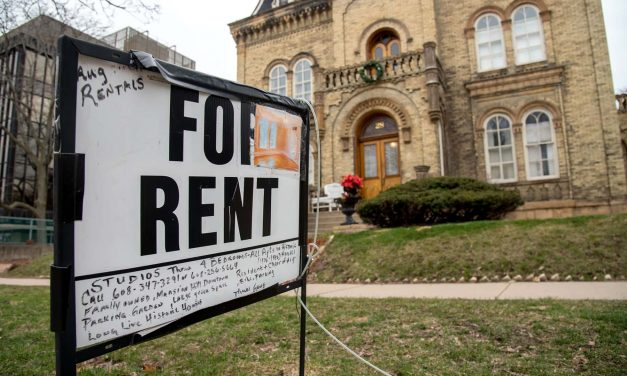A Lingering Stigma: Wisconsinites face struggles to find meaningful employment after a conviction
People of color in Wisconsin have higher incarceration rates than whites, which means many jobs and opportunities remain out of reach for them. After graduating from the University of Wisconsin-Madison, Janie Ocejo put her social work education and bilingual, bicultural background to work by supporting Madison’s Hispanic folks through positions at various community organizations. But a series of bad decisions landed Ocejo in prison. While there, she expected to find work once she was released. After all, she had a college education, work experience, strong interview skills and had even previously been on hiring teams. However, rebuilding her life...
Read More
